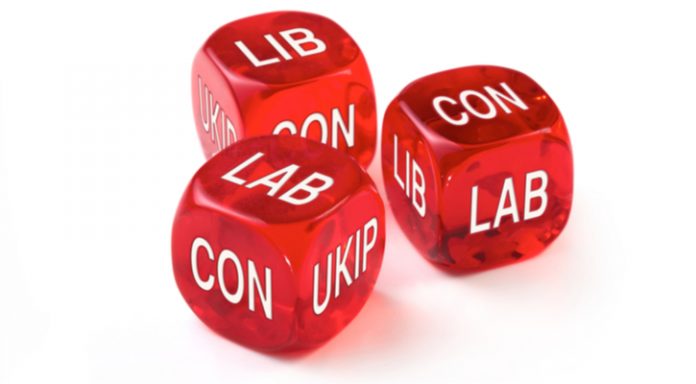Weak data from both the eurozone and the UK meant that the pound finished almost flat versus the euro on Friday. The pound euro exchange rate closed 0.08% lower at €1.1228. The pound had rallied strongly versus the euro across the rest of the previous week.
| What do these figures mean? |
|---|
|
When measuring the value of a pair of currencies, one set equals 1 unit and the other shows the current equivalent. As the market moves, the amount will vary from minute to minute. For example, it could be written: 1 GBP = 1.13990 EUR Here, £1 is equivalent to approximately €1.14. This specifically measures the pound’s worth against the euro. If the euro amount increases in this pairing, it’s positive for the pound. Or, if you were looking at it the other way around: 1 EUR = 0.87271 GBP In this example, €1 is equivalent to approximately £0.87. This measures the euro’s worth versus the British pound. If the sterling number gets larger, it’s good news for the euro. |
The pound was broadly under pressure on Friday after UK GDP data showed that the UK economy grew at a slightly slower pace than what analysts had been forecasting. Analysts were expecting the final revision of the second quarter GDP to show economic growth of 1.3% year on year. Instead the British economy expanded at a rate of 1.2% and the previous quarter was also revised downwards to just 1.1%. These figures highlight the growing struggles that the UK economy is facing as Brexit draws nearer.
Whilst the UK consumer is supporting the economy, business investment is falling as Brexit jitters impact the business decision and the economy. The weaker than forecast data sent the pound lower.
| Why does poor economic data drag on a country’s currency? |
|---|
| Slowing economic indicators point to a slowing economy. Weak economies have weaker currencies because institutions look to reduce investments in countries where growth prospects are low and then transfer money to countries with higher growth prospects. These institutions sell out of their investment and the local currency, thus increasing supply of the currency and pushing down the money’s worth. So, when a country or region has poor economic news, the value of the currency tends to fall. |
Brexit fears and domestic political concerns will remain in focus at the start of the new week as the UK Conservative annual party conference begins. UK Theresa May has already fought off an attack from ex- foreign secretary Boris Johnson over her Brexit chequers plan. The PM’s Brexit blueprint and the PM herself could receive a lot more criticism over the coming days. Domestic political uncertainty could dampen demand for the pound.
Euro Sags On Inflation Data
The euro was out of favour across the previous week. Concerns over a confrontation between Italy and Brussels over Italy’s spending plans has weighed on sentiment for the euro. Italy already has a significant budget deficit. Plans to grow this deficit further through plans for excessive spending in its next budget is unnerving investors.
Inflation data for the eurozone was weaker than what analysts had been forecasting. This sent the euro lower on Friday. The eurozone has suffered from low inflation over the past year. The rate of inflation has only started to pick up over the past few months. Core inflation (which strips out food and fuel) dropped to 0.9% year in September. This is below the 1.1% that analysts pencilled in. Weaker inflation makes an interest rate less likely.
| Why do raised interest rates boost a currency’s value? |
|---|
| Interest rates are key to understanding exchange rate movements. Those who have large sums of money to invest want the highest return on their investments. Higher interest rate environments tend to offer higher yields. So, if the interest rate or at least the interest rate expectation of a country is relatively higher compared to another, then it attracts more foreign capital investment. Large corporations and investors need local currency to invest. More local currency used then boosts the demand of that currency, pushing the value higher. |
This publication is provided for general information purposes only and is not intended to cover every aspect of the topics with which it deals. It is not intended to amount to advice on which you should rely. You must obtain professional or specialist advice before taking, or refraining from, any action on the basis of the content in this publication. The information in this publication does not constitute legal, tax or other professional advice from TransferWise Inc., Currency Live or its affiliates. Prior results do not guarantee a similar outcome. We make no representations, warranties or guarantees, whether express or implied, that the content in the publication is accurate, complete or up to date. Consult our risk warning page for more details.
This article was initially published on TransferWise.com from the same author. The content at Currency Live is the sole opinion of the authors and in no way reflects the views of TransferWise Inc.





